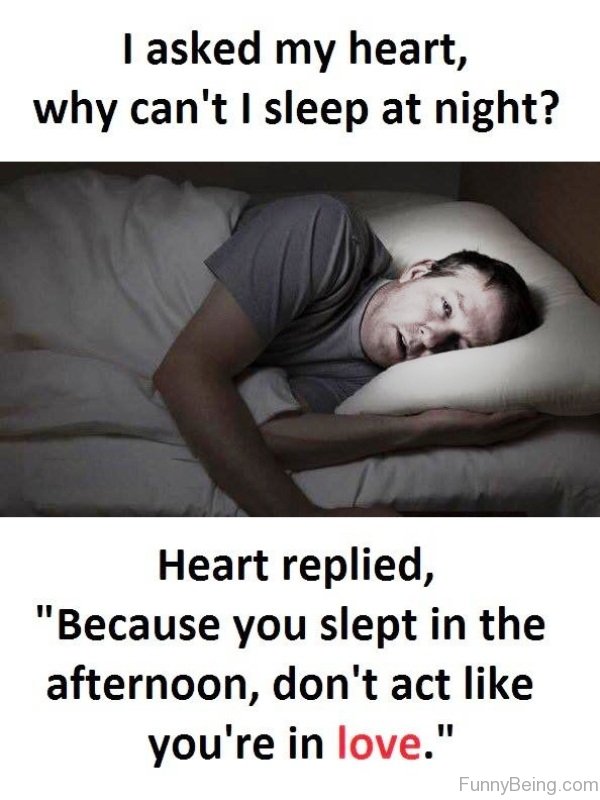
It runs at slightly more or slightly less, and environmental light signals at certain times of day are essential to fix it to running at 24 hours. This happens because our circadian clock does not run at exactly 24 hours. Individuals with ‘free-running’ sleep patterns will experience a gradual drift each day in the time that they go to bed and wake up. Sufferers of non-24-hour sleep/wake syndrome do not have a continuous bout of sleep each night but, instead, have several short naps across the day and night. This disorder can make it difficult for the individual to get to work or college on time and if they are able to wake up in time, they will probably not have had enough sleep and so will not be alert or perform well. to 6 a.m.) and consequently will not awake until approximately midday. In contrast, sufferers of delayed sleep phase disorder have a ‘late’ circadian clock they are unable to fall asleep until the early hours of the morning (4 a.m. They will also feel sleepy in the late afternoon/early evening, which can affect their social lives. Consequently, they may have been awake several hours before they go to work and may not perform well or be alert. to 9 p.m.) and wake up in the early hours of the morning (2 a.m. Sufferers of advanced sleep phase disorder have an ‘early’ circadian clock they feel sleepy and want to go bed in the early evening (6 p.m. What are the signs and symptoms of circadian rhythm sleep disorders? This leads to problems in falling asleep when we want to, staying asleep and feeling fully rested, and also feeling sleepy during waking hours. Having a circadian rhythm sleep disorder is similar to having permanent jet lag – a misalignment between the body clock, the local clock time and the light/dark cycle. The relationship between their circadian clock and local time (local light/dark cycles) is abnormal. However, sufferers of circadian rhythm sleep disorders have circadian clocks that are not synchronised with such a ‘normal’ sleep schedule instead their body clock is telling them to go to sleep and wake up at very different times.

and midnight, and getting up between 6 a.m. pattern, a ‘normal’ sleep schedule would probably involve going to bed between 10 p.m. So, for the majority of people who work or study on a 9 a.m. The time that we go to bed and wake up is generally determined by our work, study and social commitments. To be able to get good quality sleep at night requires that our circadian clock is appropriately synchronised with local time.



 0 kommentar(er)
0 kommentar(er)
